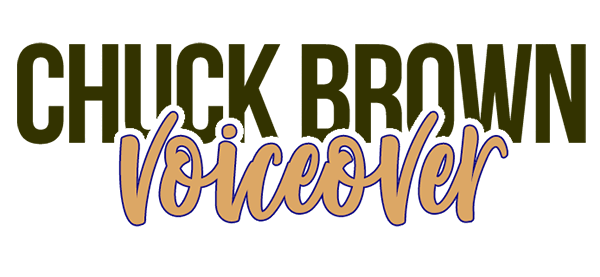
2: The Internet Has Changed The Voiceover Industry
It’s been happening for a few years now…and it shows no sign of slowing down. Technology has invaded our homes and lives in huge ways. And that is dramatically, demonstrably true about the voiceover industry as well.
There are three major developments that have had the most impact for voiceover artists:
- Desktop audio
- Broadband internet connections
- MP3 file compression
DESKTOP AUDIO
We’ll get more into this in just a bit, but briefly: High-quality recording technology is no longer reserved for the large, expensive recording studios with $2500 microphones and racks and racks of audio gear. Technology is now afforadable and accessible enough for almost anyone to delve into, meaning that, while they’re not obsolete by any means, large dedicated production facilities have a distict disadvantage: they cost a lot to maintain, and they are sometimes not able to compete with the small, home-based setups.
BROADBAND INTERNET CONNECTIONS
It wasn’t that long ago that everyone who even considered working as a home-based VO talent had to plunk down thousands of dollars for an ISDN line in their home. Not to mention that they were very acquainted with FedEx and other overnight services in order to get their work to their clients hands in a timely manner. Not so any longer. Cable modems and their slower cousins, DSL connections (through the phone line) have made it possible to move fairly large amounts of data rather quickly. Most VO talents use an FTP site to make their work available for their clients to download quickly from the web. And competition for your web hosting dollar has brought prices down to where it shouldn’t cost more than $10 or so a month to keep your web site online.
MP3 FILE COMPRESSION
One of the true technological miracles of the past several years is the MP3 file format. The previous standard for audio files was the WAV files, which is quite large (5 megabyters per mono minute, 10 megs per stereo minute). MP3s, at their standard encoding rate (128 kbps) are roughly ONE TENTH the size of WAV files….making your average :30 dry voice track less than 500kb in size…roughly the size of a healthy Word document. Even at 56K dialup speeds, these files can be moved anywhere in the world almost instantaneously.
Up Next: Setting Up A Home Voiceover Studio